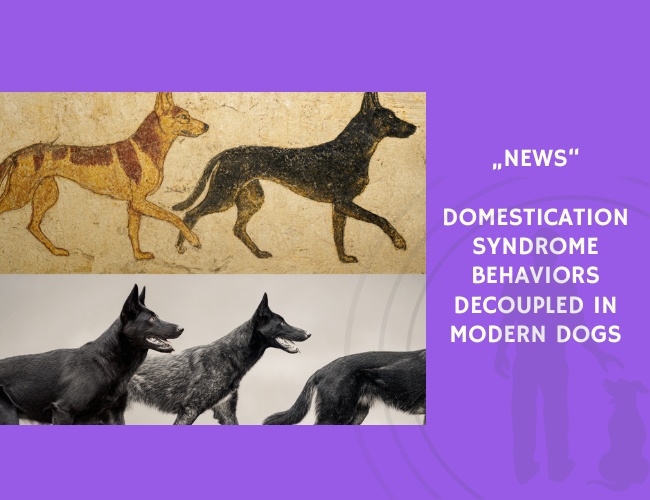Published in Nature Communications, the study by Christina Hansen Wheat and colleagues analyzed data from 76,158 dogs across 78 registered breeds. The team tested correlations between prosocial traits such as sociability and playfulness, and reactive traits such as fearfulness and aggression—behaviors traditionally thought to be linked through the domestication process.
The findings confirmed that dogs do display these correlations, consistent with the domestication syndrome hypothesis. However, the strength of the correlations varied dramatically by breed history. Ancient breeds, which are genetically closer to wolves, showed stronger and more exaggerated correlations, while modern breeds displayed weaker or decoupled relationships between behaviors.
This suggests that recent breeding practices, focused more on specific functions or aesthetic traits rather than generalized domestication traits, have disrupted the historical pattern. The results indicate that selective breeding in modern times allows behaviors to evolve more independently, reducing the constraints imposed by domestication-linked trait bundles.
These insights reshape our understanding of how evolutionary age and wolf admixture influence behavior, highlighting the role of modern selection pressures in shaping today’s diverse dog temperaments.
Source: Wheat, C. H., Fitzpatrick, J., Rogell, B., & Temrin, H. (2019). Behavioural correlations of the domestication syndrome are decoupled in modern dog breeds. Nature Communications, 10.










